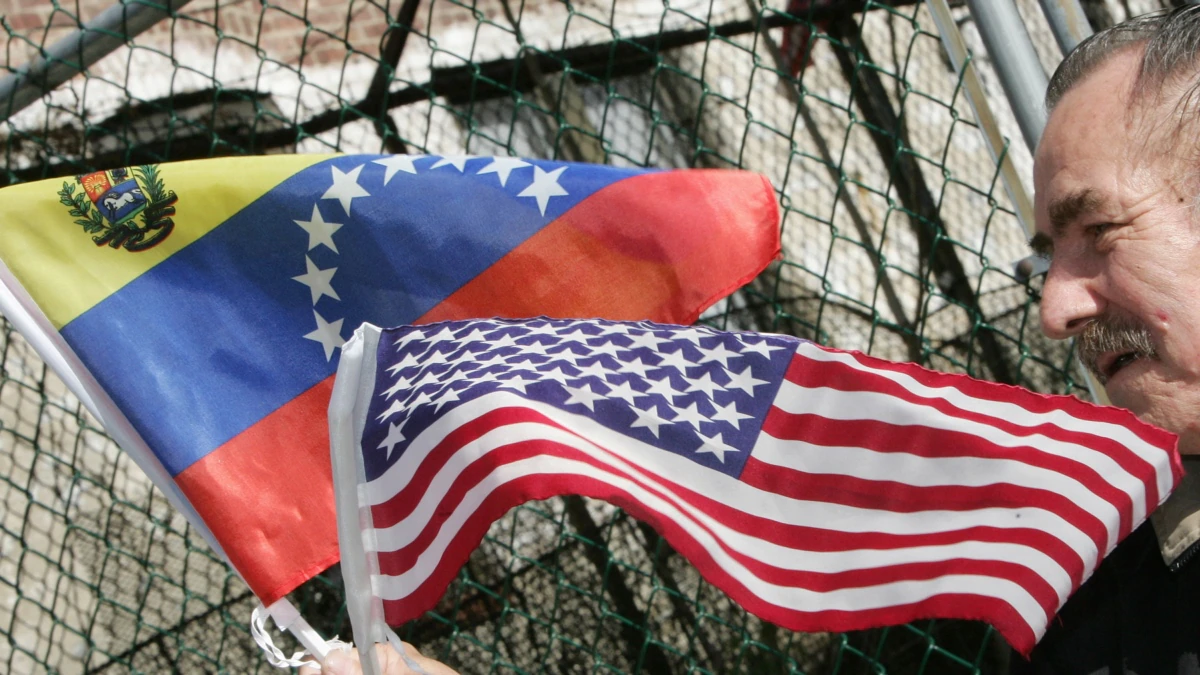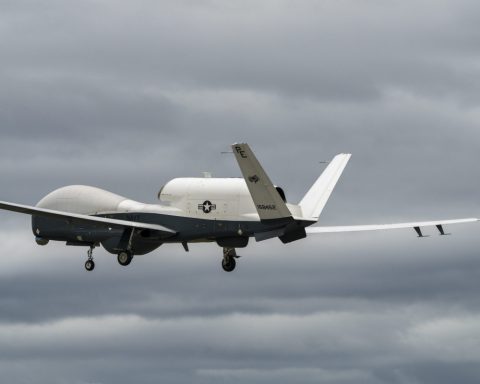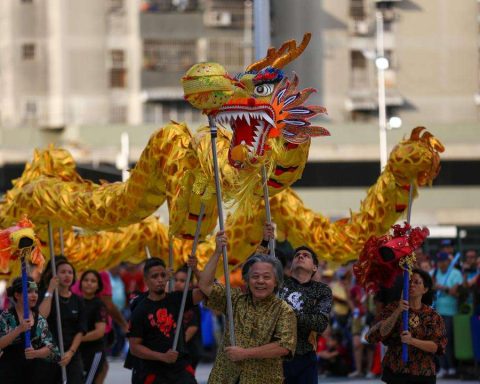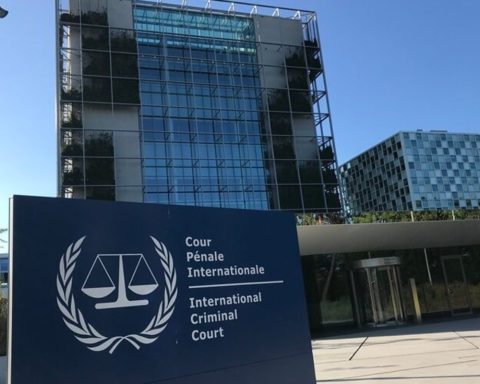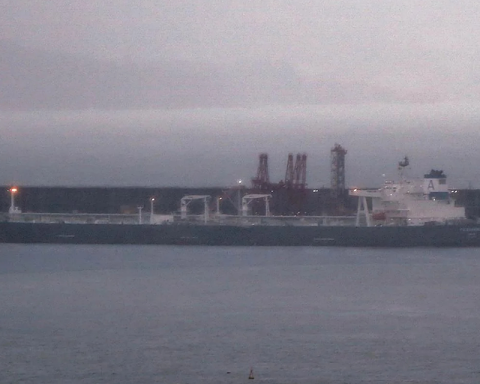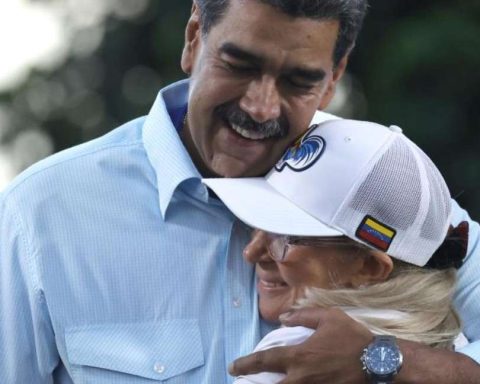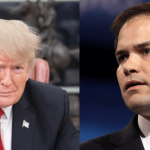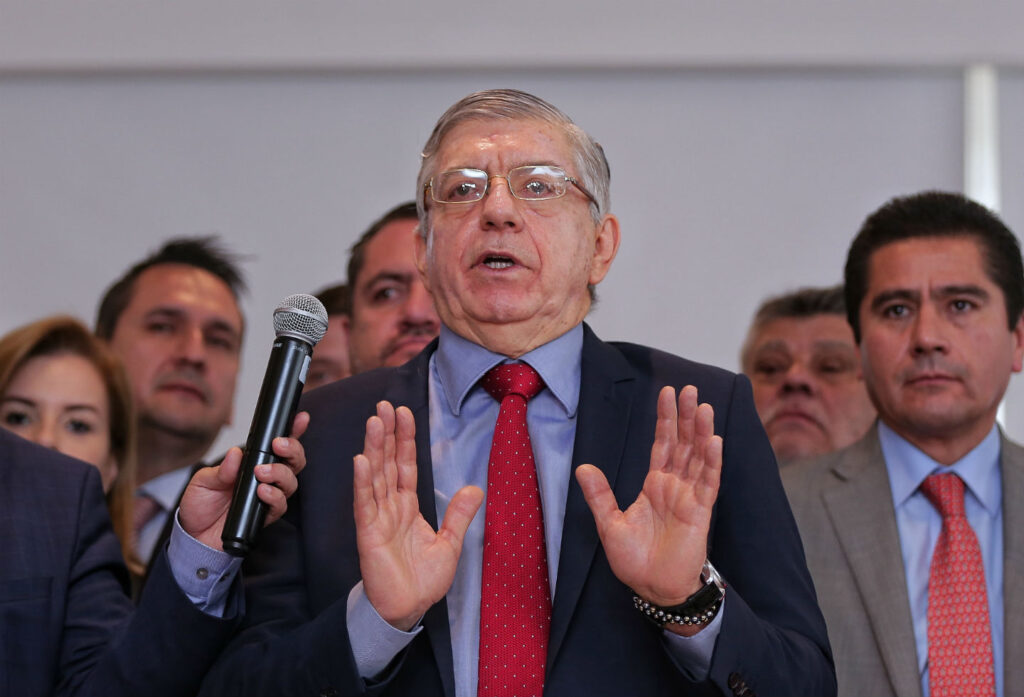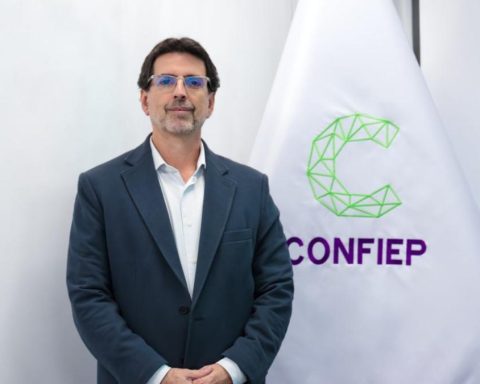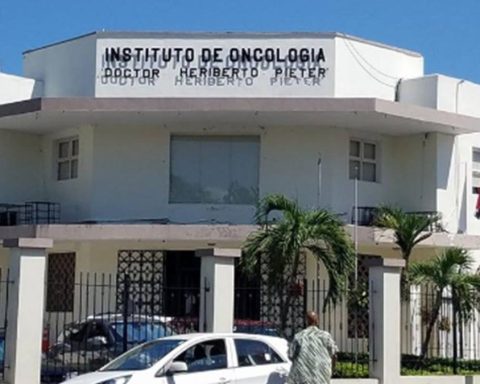The United States and Venezuela went through “the worst moment” in their binational relations when, three years ago, Washington decided to withdraw all its consular diplomatic staff of Caracas due to the aggravation of the political crisis in the South American country, analysts recall.
The United States announced on March 14, 2019 that its maximum representative in the Venezuelan capital, James Story, as well as their embassy employees, they were leaving the country, a month and a half after the government of then President Donald Trump disregarded Nicolás Maduro as president.
The measure responded to the opinion of the US diplomatic establishment that “the deterioration of the situation in Venezuela is profound,” Story, then US chargé d’affaires, said in an official statement.
The diplomat, appointed in November 2020 as ambassador to Venezuela, established his residence and performed his duties in Bogotá, Colombia. “Soon we will return to a free and democratic Venezuela,” he added in 2019.
Story recalled this Monday the third anniversary of his departure from Caracas. “Although we are not physically present, we continue to work for you and seek ways to help you bring democracy back to your country. All Venezuelans are always in our thoughts,” she wrote on Twitter.
Giulio Cellini, a consulting lawyer on international affairs, values that decision by Secretary of State Mike Pompeo as the ultimate proof of a deteriorated relationship, marked by economic sanctions and the expulsion of US diplomats by Maduro in January 2019.
“Clearly, it is the worst moment of relationships. The United States recognized a government other than Maduro’s. That completely broke relations”, comments the specialist in an interview with the voice of america.
The United States was the first of 50 countries to recognize Guaidó, president of the Parliament elected in 2015, as interim head of state. The opposition alleged that Maduro usurped power when he was sworn in in January 2019 after being re-elected in elections considered fraudulent by his opponents.
The departure of Story and the rest of the US diplomatic staff from Caracas occurred a month and a half before the Venezuelan opposition led a failed coup attempt against Maduro, who remains in power.
Luis Angarita, a university professor specializing in international relations, categorically qualifies as an “error” that the United States has not even maintained an office of consular affairs in Venezuela.
The objective of achieving a change of government in the South American nation by delegitimizing Maduro did not achieve its goal, he recalls.
“It had no result and was locked into the sole argument of ignoring one government and recognizing another. If you compare it with other nations, like Cuba and Afghanistan, the United States, at least, has maintained offices of interest. In this case, communications have been kept to a minimum,” he details. VOA.
Thawing
Stagnant ties between Washington and Caracas appeared to break their impasse earlier this month. International media revealed that a high-level US delegation met with Maduro himself in Caracas to deal with issues such as the release of North American prisoners, the relaxation of economic sanctions and issues of an “energy” nature.
The Venezuelan president said in a televised act that he was confident that his meeting with spokesmen for the government of US President Joe Biden would start a “positive agenda” with Washington. Also, he spoke of the possibility of “reset” the dialogue with his opponents, “to set an example.”
Jen Psaki, White House Press Secretary, confirmed the trip of a Biden delegation to Caracas to discuss various issues, including “energy security” and the cases of nine imprisoned Americans.
US government sources told the VOA that “hemispheric stability” had also motivated the official visit to Venezuela.
Angarita, for her part, insists that “a lot of water has flowed” in both nations in the last three years, so the formal talks between the Biden and Maduro governments are not surprising.
The US executive power has been forced to unfreeze direct talks with the Miraflores Palace due to the consequences of Russia’s armed invasion of Ukraine in the world energy market, he notes.
The meeting between White House collaborators and Maduro, which surprised even the Venezuelan opposition itself, according to local media reports, represents a “gesture of pragmatism” by Biden, Cellini believes, for his part.
“It is a new pragmatic vision of relations with Venezuela. It is said that there were energy and hydrocarbon interests (regarding Russia’s invasion of Ukraine), but that delegation was made up of political officials” of Biden, including national security adviser Juan González, he stresses.
The promotion of dialogue to re-institutionalize Venezuela continues to be a priority on that agenda promoted by the United States, three years after the departure of its diplomatic delegation in the South American country, estimates Cellini.
“It’s very positive. An important channel of communication is opened. Hopefully concrete results will be achieved. The ball is on the side of the Maduro government”, he maintains.
Connect with the Voice of America! Subscribe to our channel Youtube and turn on notifications, or follow us on social networks: Facebook, Twitter and Instagram.
